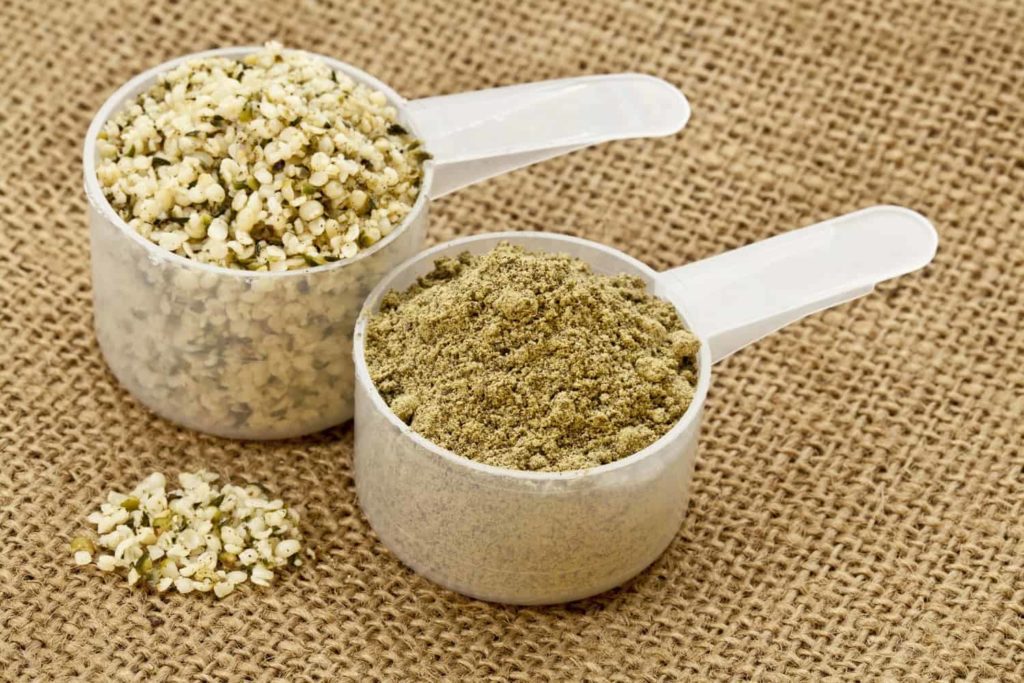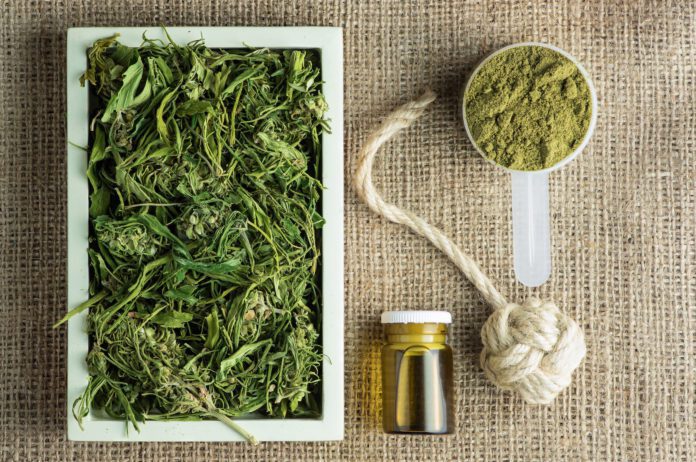It is natural to think of marijuana upon the mention of hemp, but the truth is that hemp has almost nothing to do with that sticky green herb that gets you high. Hemp has been a valuable resource for centuries; in fact, hemp was important to the success of America’s first colonies, so much so that Virginia required its farmers to devote at least some of their land to hemp crops and founding fathers like Thomas Jefferson and George Washington proudly grew hemp.
Hemp remains an important material today, for several reasons. By investing in hemp products, you are supporting a growing industry that boosts the American economy, contributing hundreds of thousands of new jobs. Plus, hemp tends to be cleaner and greener than other materials that it can easily replace. It isn’t difficult to add more hemp to your life — just read on.
First: What Is Hemp?
Before you dive headfirst into hemp, you might want to learn a bit about what it is. Like marijuana, hemp derives from the cannabis plant. For decades, marijuana culture and scientists believed that hemp was a separate species of cannabis, called cannabis ruderalis, which is remarkably smaller and stalkier than sativa and indica varieties and, more importantly, naturally lacks the high concentrations of THC which cause marijuana’s famous high. In truth, ruderalis, sativa and indica are not different species of cannabis, but there are significant variations in cannabinoid content which make some plants more suitable for marijuana while others are more suitable for hemp.
Stated plainly, hemp is fiber from the cannabis plant. Cannabis plants bred as hemp crops do not boast high quantities of THC; in fact, they are more often bred for their leaves, stems and seeds than their buds. Still, despite the low cannabinoid content, there are dozens of ways you can use hemp in your daily life. For example, you might use…
Hemp in Your Food
Hemp seeds are incredibly, naturally nutritious. Most notably, hemp is high in protein, with more than 25 percent of calories coming from high-quality protein. Protein is an essential macronutrient for keeping your body healthy, and it helps you stay full after a meal to reduce unnecessary snacking. Thus, adding hemp to your diet is useful if you want to lose fat while maintaining muscle mass.
What’s more, hemp seeds are roughly 30 percent fat — which, importantly, makes them healthy. Unlike animal fats, which are notoriously linked to health problems like heart disease, plant-based fats are essential to the proper functioning of your body. Your cells rely on fats for energy and growth as well as regulation of certain hormones. Hemp is high in omega-3 and omega-6 fatty acids, which are the best to consume and can be difficult to find in a typical American diet.

You might add hemp seeds (or hemp hearts, which are raw, hulled seeds) to oatmeal, yogurt, toast, salads or any other food that benefits from a sprinkling of crunchy seeds. Slowly, more hemp-based products are finding their way onto grocery shelves, so you might also look for hemp bread, hemp milk, hemp protein powder and more.
Hemp in Your Textiles
Before the invention of the cotton gin, hemp was a preferable source of fiber for making cloth. Hemp fibers are strong without being heavy; they are UV and mold-resistant, and they are capable of mixing with other fibers for different feels and finishes. Ultimately, hemp cloth is durable and versatile, meaning it can be a worthy replacement for almost any textile. Some ways you might use hemp cloth in your life include:
- Clothing. Hemp is lightweight and breathable, making it an ideal fabric for spring and summer fits.
- Furniture. Natural and sustainable furniture companies are increasingly sourcing hemp fabrics for their upholstery, and you can make hemp cloth slipcovers.
- Carpet. Hemp doesn’t attract or hold onto dirt and dust — in fact, it resists all stains, including mold and mildew.
- Bedding. Because hemp breathes beautifully, hemp sheets, blankets and duvets are ideal for warm environments or the summer season.
Hemp grows quickly and abundantly, especially as so many states open up restrictions on farming cannabis crops, so it is a natural replacement to plastics and other materials that are proving less-than-ideal for the environment. In truth, you can use hemp in almost any aspect of your life, but by starting with your diet and your dresser, you will see for certain the supreme benefits of hemp.
